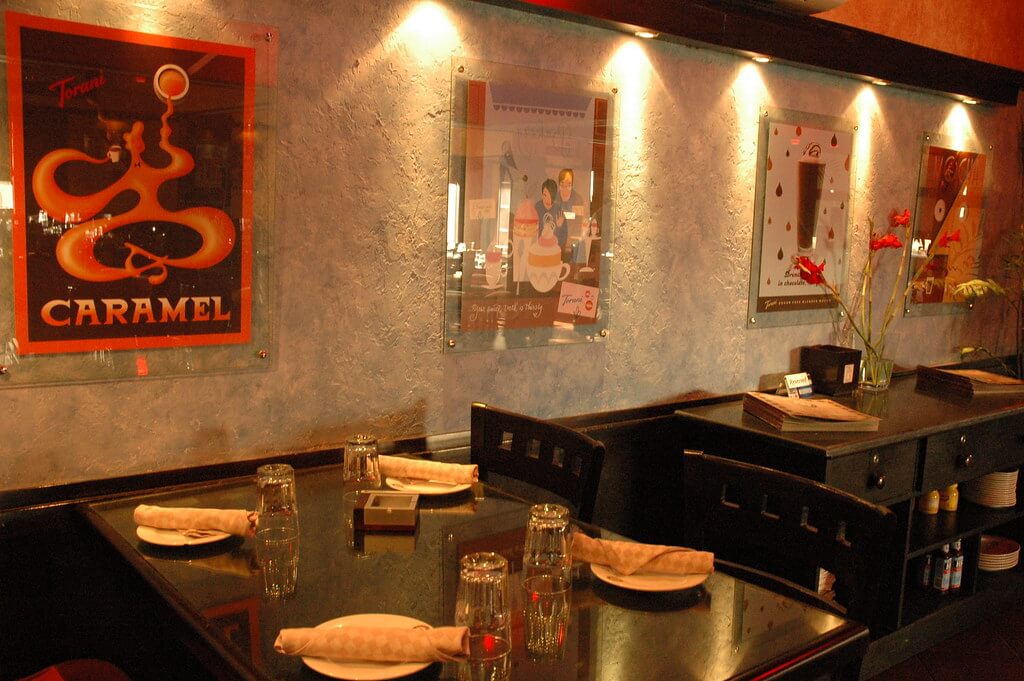
Service Tax Disparity in Islamabad Cafes and Restaurants
By Fawad Ur Rehman
Many people in Islamabad, visit cafes or restaurants to sit with friends or family. These places often serve as a convenient spot for social gatherings, given the limited options for such activities in the city. However, a concerning issue has emerged regarding the disparity in service tax rates based on the mode of payment, as set by the government: 15% for cash payments and 5% for card payments. Despite these clear guidelines, many restaurants and cafes appear to be charging the higher rate regardless of payment method and often provide handwritten bills instead of proper receipts.
This situation raises several concerns. First, the inconsistency in service tax application undermines consumer trust. Consumers should feel confident that they are being charged fairly, irrespective of how they choose to pay. The discrepancy between the advertised and actual charges leads to suspicion and dissatisfaction.
Second, the frequent excuse that card machines are unavailable or not working suggests a deliberate attempt to avoid offering the lower tax rate. This not only inconveniences consumers who prefer or are prepared to pay by card but also raises questions about the integrity of these restaurants and cafes. Moreover, if these businesses are not reporting the full amount of tax collected, they are effectively stealing tax money that rightfully belongs to the government. This not only deprives the state of crucial revenue but also undermines the integrity of the tax system as a whole.
Furthermore, providing handwritten bills on plain paper instead of proper receipts is unprofessional and unacceptable. Receipts are crucial for maintaining transparency in transactions and are a basic consumer right. Without them, consumers cannot verify the charges or seek recourse if there is a dispute.
This practice not only impacts individual consumers but also has broader implications for the hospitality industry in Islamabad. It tarnishes the city’s reputation as a fair and welcoming destination for both local and international visitors. Additionally, the potential loss of tax revenue due to underreporting by these restaurants and cafes affects public services and infrastructure, as the government relies on these funds for development.
To address this issue, the following steps should be considered:
- Regulatory Enforcement: Authorities must ensure that restaurants and cafes comply with tax regulations and provide accurate receipts for all transactions. Regular inspections and penalties for non-compliance could serve as deterrents against such practices.
- Consumer Awareness: Consumers should be informed about the service tax rates and their rights to proper receipts. This can be achieved through awareness campaigns and by providing information at the restaurants and cafes themselves.
- Restaurant and Cafe Accountability: Management should be held accountable for maintaining functional card payment systems. Excuses for non-working machines should be thoroughly investigated, and establishments found guilty of deliberately evading lower tax rates should face consequences.
While the hospitality sector in Islamabad boasts many excellent restaurants and cafes, the issue of inconsistent service tax practices needs urgent attention. Transparency and fairness are not just good business practices; they are essential to maintaining the trust and satisfaction of consumers. It is high time that both the authorities and the hospitality industry work together to ensure a fair and transparent experience for all customers.

Fawad Pirzada explores observations from everyday life and beyond, sharing his opinions and perspectives.



